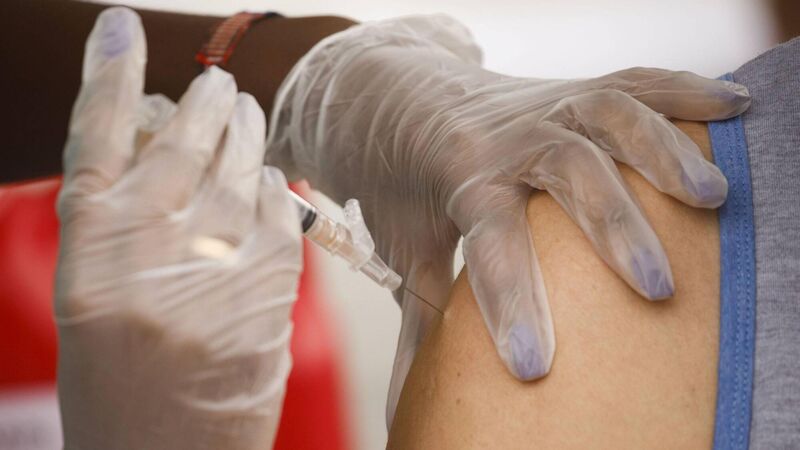Oliver Mangan: Race against time to escape economic crisis

Urgency is of the upmost importance in rolling out what are deemed safe and highly effective vaccines.
Growth forecasts for the global economy have being revised upwards over the spring.
The OECD now sees the world economy expanding by 5.6% this year, compared to 4.2% in its previous update. The IMF is even more optimistic, upping its growth forecasts to 6% for this year and 4.4% in 2022.











